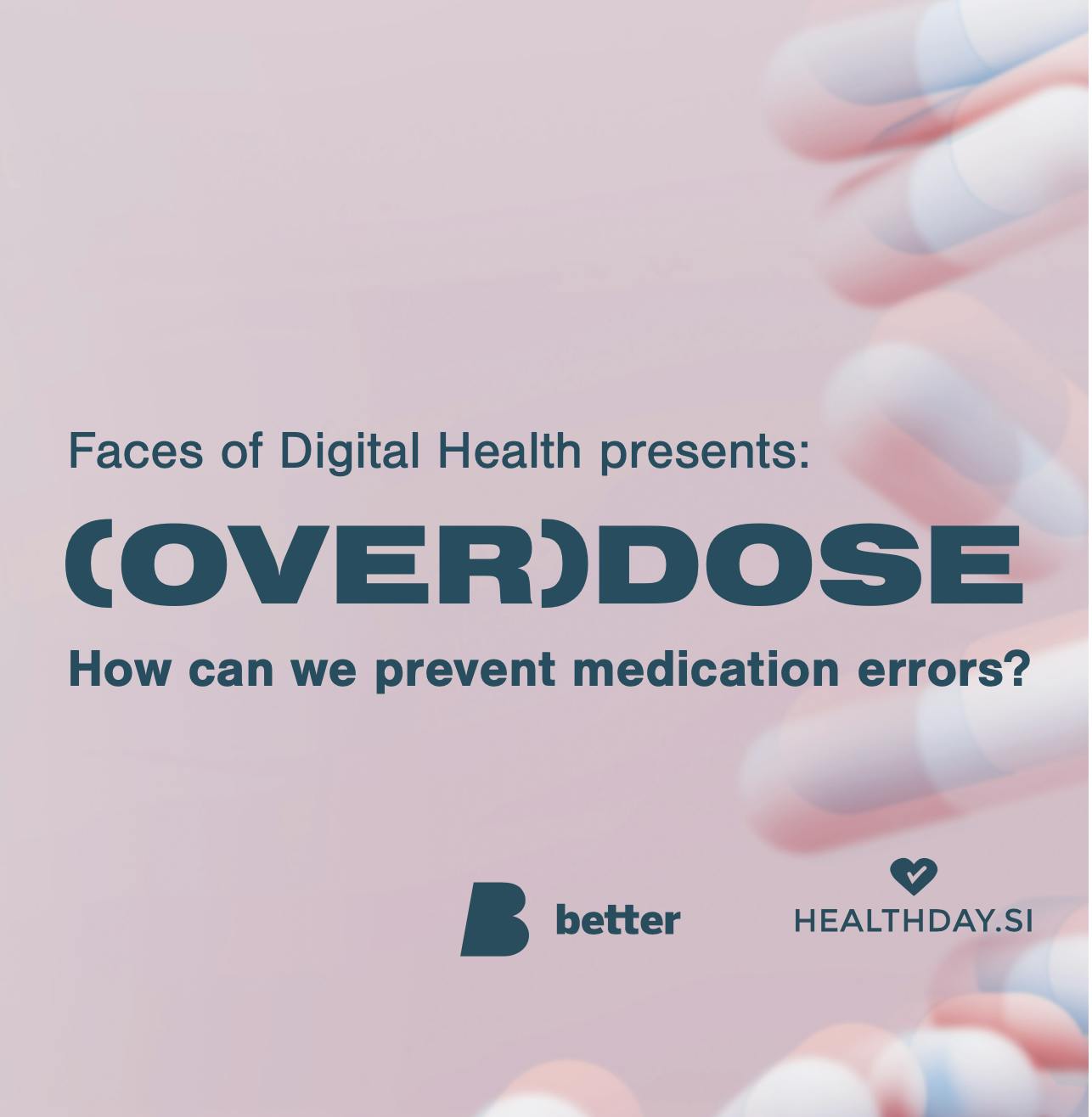How Demanding Is Management of Psychiatric Disorders? (Roni Shiloh)

With mental health being at the forefront of our attention in 2020, next to COVID, have you ever wondered, how the work of a psychiatrist looks like? Many clinicians fear psychiatric drugs, but Roni Shiloh firmly believes the fear is unnecessary.\xa0\n\nRoni Shiloh is an MD, specialized in psychiatry. He headed a closed Psychiatric Department, was Chief Psychiatric Officer at a large Israeli HMO as well a senior lecturer in Tel-Aviv University, Israel. He then worked in the Pharmaceutical industry before starting his own startup Seegnal, which offers clinicians decision support in medication prescribing. The system takes into account many of a patient\u2019s variables to be as accurate as possible, and more importantly, for the decision support to not overwhelm the doctor with alerts. Electronic prescribing and medication management are very complex and plagued with errors, which I tried to outline in the documentary OVERDOSE - How can we prevent medication errors. If you haven\u2019t seen the movie yet, find the link in the show notes, or find the version adapted for radio in one of the previous episodes of this podcast. A few of Roni\u2019s statements from this interview are also in the movie.\xa0\nThis discussion covers:\xa0\n\n\xa0How the work of a psychiatrist looks like,\xa0\n\nwhat are the challenges related to medications in psychiatry,\n\nwhy are decision support systems for medication prescribing currently still mostly frustrating for the users? Various research papers show that 90-96% of alerts get ignored. You\u2019ll be able to hear a little bit more about that in one of the upcoming episodes with the pioneering researcher in the field of the impact of IT on medical professionals - Dr. David W. Bates from Harvard.\n\n\nWatch the documentary (OVER)DOSE - How can we prevent medication errors and the panel discussion on Youtube: https://www.facesofdigitalhealth.com/overdose-documentary